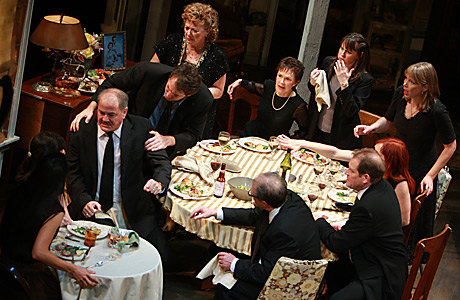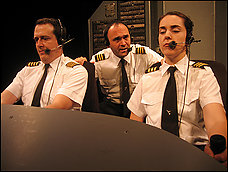I have a question, and I’m hoping one of you kind readers can help me out. Wondering, which translation of Ovid’s Metamorphoses is this snatch of “Jason and Medea” from?:
So she waited three nights till the moon came full and the round circle shone brightly down on the world, and then she went out of the house in flowing robes and barefoot, hair streaming over her shoulders; all alone into the midnight stillness, while the birds and beasts and men reposed in deepest slumber, with never a stir in the hedges, never a rustle in the silent leaves, never a motion of air, only the glitter of starlight.
I came across it a while back but haven’t been able to track down its source. I have Allen Mandelbaum’s translation, which renders the same section this way:
The moon was three nights short of rounding out
its horns. But when its circle was complete
and shone in full upon the earth, then she,
in a loose robe, barefoot, her hair uncombed
and unadorned, went out to wander through
the silences of midnight. Men, birds, beasts–
were all held fast by deep tranquility.
The hedge did not murmur, and the leaves
Not stir; the humid air was motionless.
Only the stars were glittering…
If you know the source of the top one, please shoot an email my way (caaf at artsjournal dot com).
UPDATE: It’s the Rolfe Humphries translation — thanks, Dave Lull!

 •
•  •
•  •
•